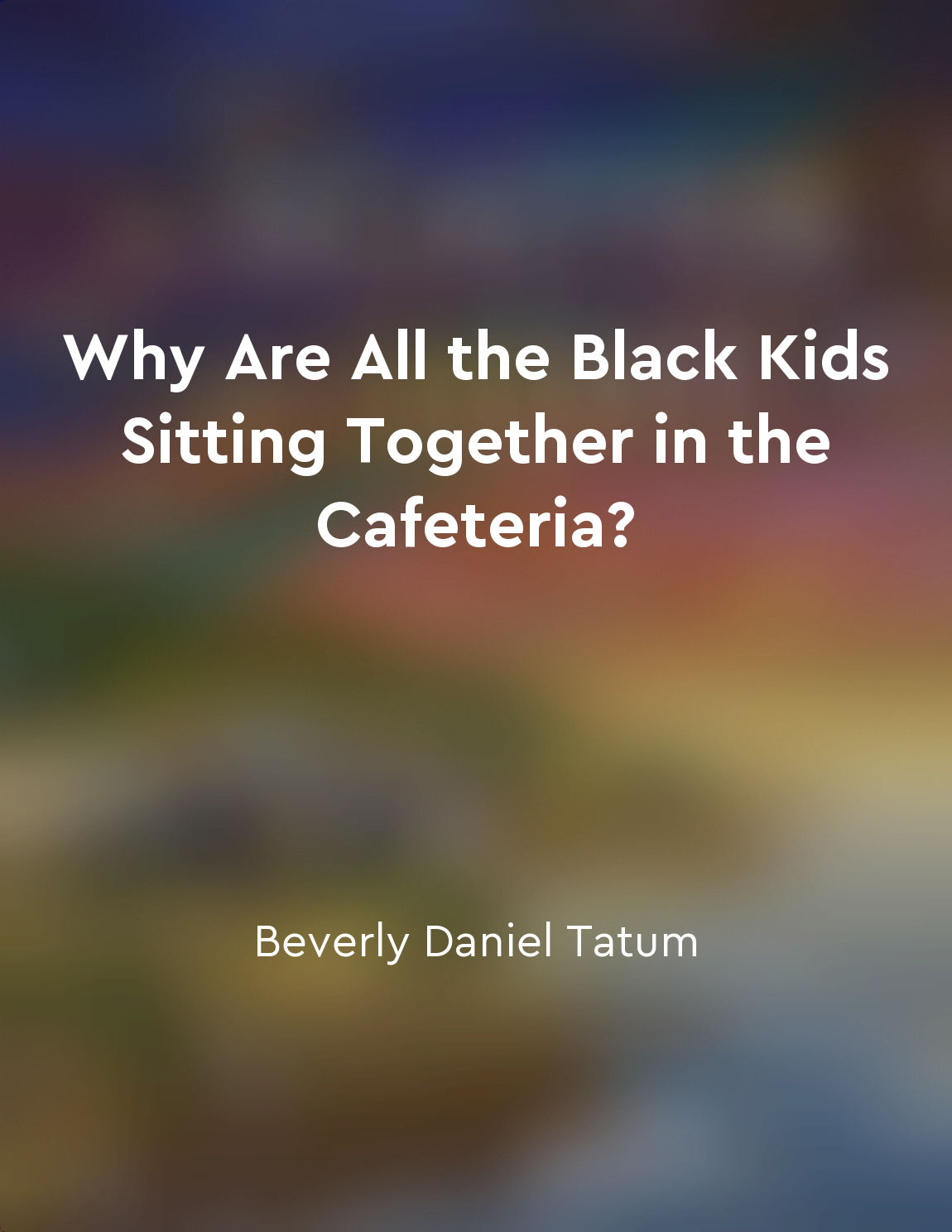Being nonracist is not enough from "summary" of So You Want to Talk About Race by Ijeoma Oluo
It’s not enough to simply say, “I am not racist.” Being nonracist is not the end goal; being antiracist is. Being antiracist means actively opposing racism in all its forms, not just abstaining from racist actions or thoughts. It means recognizing the ways in which racism is ingrained in society and actively working to dismantle it. It requires a commitment to challenging your own biases and beliefs, as well as speaking out against racism when you see it. To be antiracist, we must be willing to have difficult conversations about race, even if it makes us uncomfortable. We must...Similar Posts
Challenges of being mixedrace
Growing up as a mixed-race child in South Africa presented a unique set of challenges for Trevor Noah. Being born to a black Xh...
Politics is about power
Politics is about power. It always has been and always will be. From the earliest days of civilization to the present moment, p...
Institutional racism pervades every aspect of American society
In America, the power of white people is derived from the belief in the reality of their white skin. This belief has deep roots...
Cultural influences
In my life, cultural influences have played a significant role in shaping who I am today. These influences come from various so...
Overcoming challenges through resilience and wit
Growing up in South Africa, I quickly learned that life was not going to be easy. Being born to a Black mother and a White fath...

Race plays a significant role in how we perceive ourselves and others
Race is a powerful social construct that shapes our identities and influences how we interact with others. From a young age, we...

Creating a more equitable society
The concept of creating a more equitable society is at the core of dismantling systems of oppression and discrimination. It inv...
Black history should be celebrated and remembered
Celebrating and remembering Black history is not just a suggestion; it is a vital aspect of our collective memory and understan...

